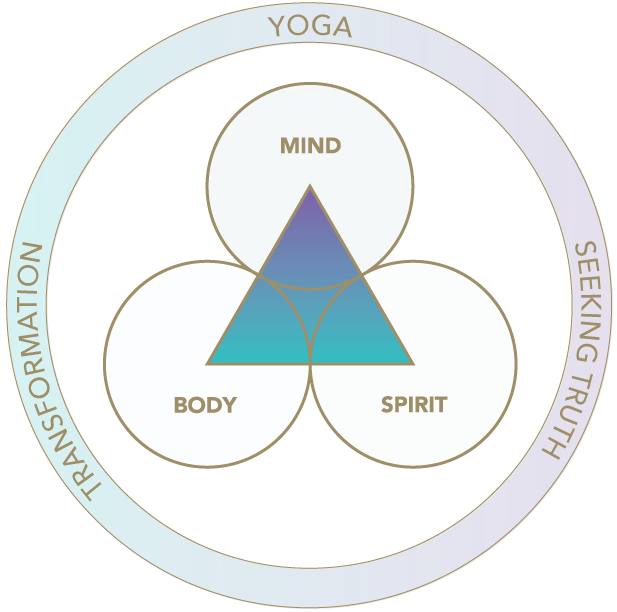It might seem unlikely that everyone in an audience would have the same trait, and your own experience might tell you that the idea of hyperquietism is silly. Even though you rarely ask a question after a talk, it is not because you are naturally quiet. After all, in other simulations you can be boisterous and loud. But this just deepens the mystery. How come people who are sometimes boisterous and loud people, like yourself, still sit silently after a talk?
Being sociologically mindful, we would try to answer this question by looking at situations, rather than personalities. We would try to determine the conditions under which people stay quiet, even when they have a lot on their minds. Perhaps we would find that people tend to sit quietly when they feel that they are being evaluated for their intelligence, and feel that by asking a question, they risk appearing foolish. We might also find that these conditions exist in most places where lectures are given.
The point is that people act in response to the situation they are in on the basis of what they think is is at stake for them. In that situation. such a simple idea would seem to be easy to apply, yet we often fail to consider others' perceptions of the situation they are in. If another person behaves badly, we might think, "That's awful! I would never do such a thing!" Perhaps not, but perhaps also we would be less quick to judge if we stopped to consider how the other person perceives his or her circumstances and choices.

Here is another example you might recognize. In March of 1964, a young woman named Catherine (Kitty) Genovese, was stabbed to death in Queens, New York, while thirty-eight people watched from their apartments. No one intervened or called the police, even though they had plenty of time to do so. You might think this is a rare case, that people would normally help a person being attacked. Unfortunately, there are many documented cases of bystanders failing to help in similar situations.
You might think, "If I had been there, I would have done something, maybe." So of course the people who watched Kitty Genovese die, probably would have said the same thing, had they been told of some prior case in which others failed to help a woman being attacked. Yet, when the occasion arose, they did nothing. Were they simply cowards?
It might make us feel good to suppose that cowardice underlies the failure to give help, because then we can imagine that we, as braver people, would do better. Cowardice is as bad an explanation, however, as hyperquietism was in the earlier example. Again, we must pay attention to the context to understand what people do or fail to do.
In the Genovese case, the context includes a society in which few of us know our neighbors very well. In a big city or even in a suberb, we may live by people for years and know little about them. So it might not be clear, on some questions, if we should stick our noses into their business. This is also a society in which there are many angry and violent people. So, it is not unquestionable to fear "getting involved," and perhaps becoming victims ourselves.
Situations can also be confusing. It might not be clear that help is called for, or wanted. If a man in ragged clothes is lying on the sidewalk, and people are carefully stepping over him, should you bend down to see if he needs help? If you see smoke coming from under the hood of a car stopped along a busy freeway, and hundreds of cars are speeding past, should you go back and help? Or suppose you see a woman rush out of a bar, and a man come out after her, grab her arm, and jerk her around. Is this an assault in progress, a quarrel between drunken lovers, or an attempt to stop a thief?
Even if we think help is called for, we often prefer to imagine that someone else will give it. Perhaps when you see a man on the sidewalk, a smoking car, or a quarreling couple you think, "Why should I be the one to get involved? I'm busy right now. In fact, I'm running late. Besides, if there's a serious need for help, I'm sure someone will give it." Of course, if everyone thinks this way no one will help.

Recognizing that situations can be ambiguous, that giving help can be risky, and that we may innocently rationalize a failure to give help is not often excuses. Excusing or blaming is not the point, which is rather to be mindful of how circumstances affect people's behavior. It is to try to understand why people do what they do, rather than to judge them for failing to do what we, as outsiders to a situation, imagine that we would do.
To understand people's behavior in context, we must grasp the facts of a situation: Who does what to whom, where, when, how, and under what conditions? If we cannot answer these questions, we do not know enough to understand why people act as they do. We must also be mindful of how the situation appears to the people in it. We must try to see things through their eyes, a task that is made more difficult by prejudice.
For example, young African American women, especially poor women in inner cities, are often accused of having babies so they can collect welfare. These claims are usually made by people who know nothing about job prospects in inner cities; about racial discrimination; about what life is like for poor, African American teenagers; or about how much money welfare actually provides. Despite this ignorance, accusers will boldly say, "They are irresponsible! They don't want to work! They would rather survive by having sex, having babies, and collecting government checks!"

Being sociologically mindful, we would ask how many babies are being had by whom? What does the world look like to the young women, and to the men who impregnate them? How do they think of sex and birth control? What does it mean to them to be a mother or a father? What options do they perceive for making a living and earning respect in their communities? Are jobs available for people who want to work? What does it cost to live in these places, and how much money does the average job provide? How much money does welfare provide? With good answers to these questions, we might begin to understand what is going on.
It is also important to let people explain their own behavior. We might or might not accept their own behavior. We might or we might not accept their explanations at face value. But we should at least listen to how people explain their own behavior before presuming to judge them. If we have not listened, then perhaps we should keep quiet until we learn more.

It is much easier to rely on stereotypes and prejudices than it is to find out the facts about other people's lives. It can also make us feel better about ourselves to condemn what we see as others' misbehavior, rather than see how the behavior we dislike grows out of circumstances beyond the control of individuals. Being mindful, we will resist the temptation to elevate ourselves at the expense of others. Certainly we want others to consider the circumstances that lead us to act as we do, especially when we fail to live as saints.
*SOURCE: THE SOCIOLOGICALLY EXAMINED LIFE, 2ND EDITION, 2001, MICHAEL SCHWALBE, PGS. 80-83*
END
|









